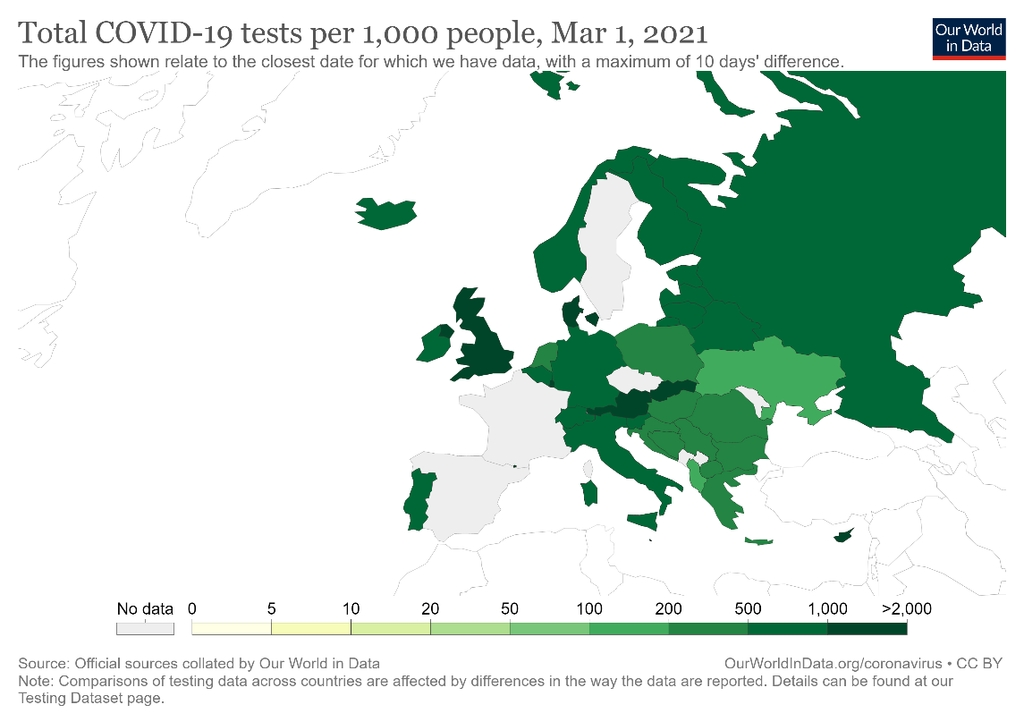Covid-19’s superpower is delayed symptom onset. Early symptoms – fatigue, fever, cough – are the result of the mobilisation of the immune system’s early inflammatory defences. These are the “something seems to be wrong here” signals – the body’s autonomous non-specific processes that are mobilised before the immune system has a chance to identify and tailor a more effective adaptive response that takes days to weeks to evolve. These innate immune system responses are the same, whether awoken by a fungal, bacterial or viral attack, or even a splinter of wood. When these signs are absent, it means the autonomous immune system has not yet been mobilised, and infected individuals have no means to recognise that a dangerous attack is underway. It is this same superpower that the HIV/AIDS virus employs to continue infecting people worldwide.
Fast, frequent testing is therefore our only effective first line of defence. It can be widely available in weeks, not months, especially if we retain the capacity now built to manufacture tens of millions of cheap rapid antigen lateral-flow tests. Development of these tests requires waiting for the genomic and proteomic data, but this process is quick – the full sequence of SARS-CoV-2 was made available on 12 January 2020, weeks after identification of this epidemic.
Vaccination is, of course, our ultimate defence against infectious disease by tailoring a finely tuned immune response before infection in a majority of the vulnerable population. But it is slow, even when it is fast. Vaccines, until Covid-19, have taken an average of ten years to be developed, tested and made widely available. The achievement of immunologists globally to bring a portfolio of effective vaccines for Covid-19 forward in just ten months or less is truly extraordinary, but it will take another ten months to vaccinate everyone around the globe. Even with vaccines, viruses will mutate, so vaccines without tests will not be effective in the medium or long term. We must continue to test to track our progress in beating the virus and remain vigilant for the establishment of more virulent strains.
Infectious diseases will always be with us, and it would be an unforced error if next time around we have not learned the tragic and expensive lessons of SARS-CoV-2. We have to be ready to immediately deploy fast (while-you-wait), frequent (daily or weekly), cheap ($1 to $5 each) rapid testing as our first line of defence to contain the spread, buying the time needed for therapies and vaccines to be ready for action.
Mara G Aspinall
Professor of Practice at Arizona State University
Advisor, The Rockefeller Foundation
OverviewThe government has published its plan to reopen the country. And with an ending to this phase of Covid-19 nightmare now in sight, optimism has returned. But this plan can only become a reality if it takes a number of careful steps.
First, the vaccine programme must continue to move at speed. Second, the country urgently needs a domestic Covid-19 ID – which demonstrates an individual’s vaccine or recent test status – as we have argued several times. Finally, and crucially, we need a viable and robust system of mass testing in place to break chains of transmission and plug any gaps in the vaccine rollout programme.
While vaccines and digital health passes have taken centre stage in recent weeks, the role of mass testing cannot be underestimated. Large numbers of people will soon begin moving around again. Transmission of the virus will likely spike – and vaccines are neither 100 per cent effective nor will they cover 100 per cent of the population.
The only way we can safely and sustainably exit lockdown is to know who has the virus, who is contagious and, therefore, who needs to isolate.
The UK has made pockets of progress on this front. We now have a vastly increased testing capacity. Rapid testing for asymptomatic people is being rolled out. Schools will have access to testing to ensure students are clear of the virus. Liverpool conducted a successful trial of mass asymptomatic testing, catching 70 per cent of those without symptoms but who were still contagious. What is missing is turning these different parts into a coherent and robust whole.
This paper sets out:
The progress the UK has made on mass testing.What rapid tests are now available.Why the critical element of our testing capacity will be rapid tests.The role of testing, using the right tests for the right purpose.How we incentivise people to test and, where necessary, isolate.How we get testing in schools right.How testing links to an overall digital health passport.Things we thought impossible at the beginning of this crisis have now become reality. We must continue to be ambitious in our thinking and embrace innovation and new ideas. This paper sets out the “moonshots” the UK and others should focus on when it comes to monitoring the spread of Covid-19, and also proposes a new “testing wallet”, where people are paid to be tested.
Our recommendations offer a way forward for the country that will allow the economy to revive and lives to be protected. It offers an alternative to the blunt instrument of lockdowns and a way for the government to truly ensure that this latest exit out of lockdown is indeed irreversible.
